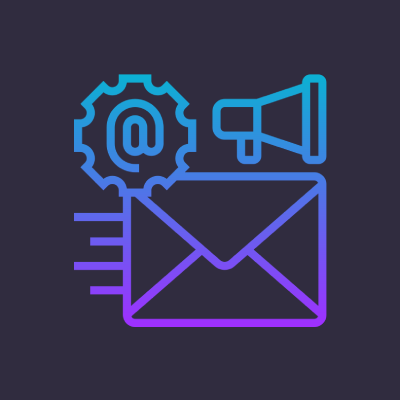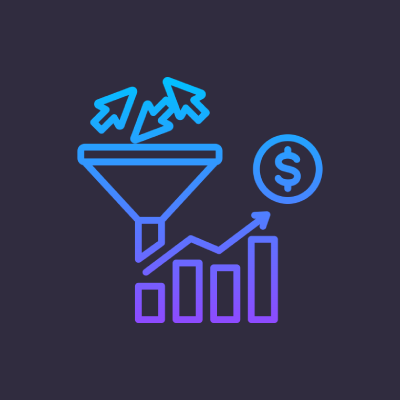Reduces your operational costs by an average of 30%
It supports you and your employees to focus on what matters most to your business and takes care of the tasks that can be done systematically by an AI- Assistant
AI- Assistant are there 24/7/365 and they do not need to take a break or go on holidays or go off sick
Once they are set up, they get on with their daily tasks and ensure customers are kept informed and correct information is exchanged with them













